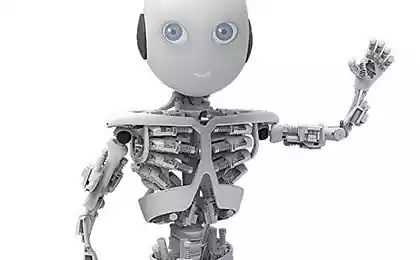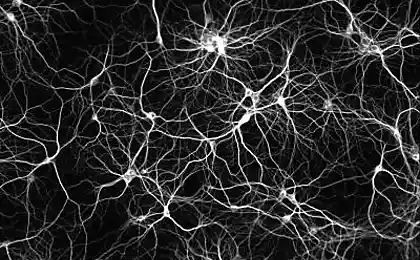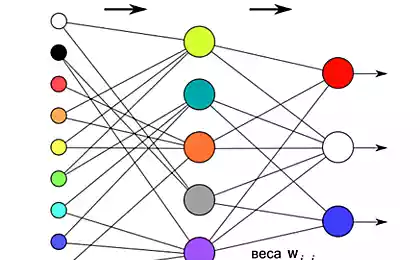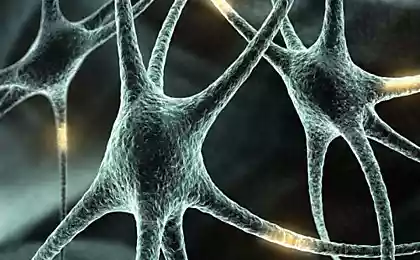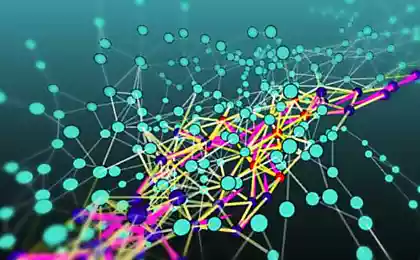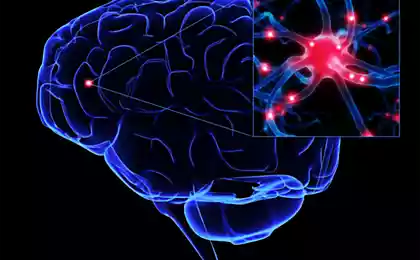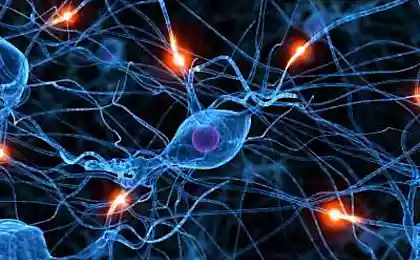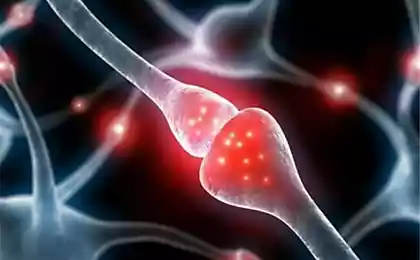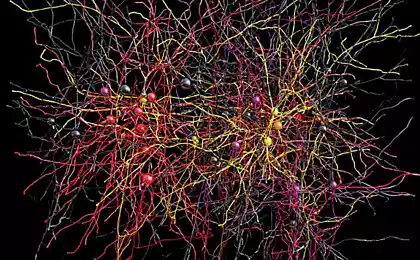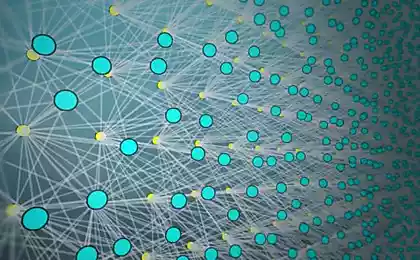372
Where in neurons is hiding the memory
The running neuron is not necessarily remembers all the information that passes through it. For this to happen, must match the activity of the different parts of the nerve cells of her body and dendritic processes.
We at school know that the neuron consists of a cell body and appendages called dendrites and nerve. Dendrites of the neuron can be a lot and they are much branched, with the help of neuron collects signals from other cells. The axon one and the signal goes from neuron to its neighbors. It seems obvious that the electrochemical activity of the cell body and its processes should be the same that the momentum must be distributed under the membrane to all parts of the neuron.
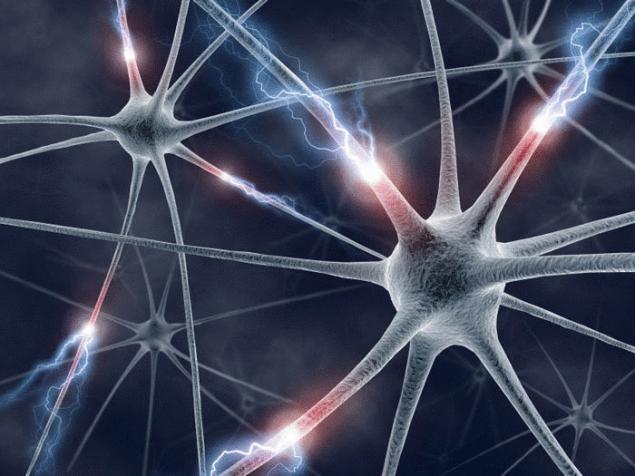
However, as found by researchers from northwestern University (USA), the activity of the dendrites may not coincide with the activity of the cell body, to which they are attached. Moreover, the coincidence or discrepancy of their activity plays an important role in remembering and processing information. Mark Sheffield (Mark E. J. Sheffield and Daniel Dombek (Daniel A. Dombeck) experimented with the so-called place cells in the hippocampus, which stores a map of the surrounding space (recall that for place cells this year was given the Nobel prize for medicine and physiology). Experimental rodent allowed in the maze, which he gradually learnt, at the same time, the researchers monitored the activity of navigation neurons.
It turned out that the dendrites are not always "all" simultaneously with the cell body. Activity in dendrites is associated with zapominanie tasks, while the cell body itself works when you need to respond to some sensed information. In other words, the perception and processing are not identical memorizing-Recalling – neuron just reacts to what the eyes saw, but not necessarily stored in the memory. But, if the activity of the dendrites and the cell body syncs, then turn the memory function, and how well matched the activity in different parts of the neuron, depends on the quality of memories – for example, how well does the rodent will remember this or that piece of the maze. The results of the experiments, the authors published in Nature, briefly about them writes MedicalXpress.
Previously it was thought that nerve cells in information processing is inseparable from her memory, and Vice versa. That is, if the neuron is passed through a pulse, the information was inevitably postponed in memory, and then remembering caused exactly the same activity, and in the perception of irritation. However, as you can see, the neuron has a kind of "division of labour": some ongoing work he could perform, not remembering if you need a memory operation, the activity of the cell body must match the activity of the dendrites.
This can be compared with the way a person performs a routine operation, mindlessly working hands, however, if you want some non-standard manipulation, or if you need something to remember for the future, then "turn on" the brain and begins to closely follow our actions. Only neurons in the brain (although this comparison can be done only with very big stretch) play the dendrites and the synchronization of activity between them and the cell body. In the future, the obtained results should help us better understand the nature of memory, and at the same time how it can be protected with neuropsychiatric diseases.
We at school know that the neuron consists of a cell body and appendages called dendrites and nerve. Dendrites of the neuron can be a lot and they are much branched, with the help of neuron collects signals from other cells. The axon one and the signal goes from neuron to its neighbors. It seems obvious that the electrochemical activity of the cell body and its processes should be the same that the momentum must be distributed under the membrane to all parts of the neuron.

However, as found by researchers from northwestern University (USA), the activity of the dendrites may not coincide with the activity of the cell body, to which they are attached. Moreover, the coincidence or discrepancy of their activity plays an important role in remembering and processing information. Mark Sheffield (Mark E. J. Sheffield and Daniel Dombek (Daniel A. Dombeck) experimented with the so-called place cells in the hippocampus, which stores a map of the surrounding space (recall that for place cells this year was given the Nobel prize for medicine and physiology). Experimental rodent allowed in the maze, which he gradually learnt, at the same time, the researchers monitored the activity of navigation neurons.
It turned out that the dendrites are not always "all" simultaneously with the cell body. Activity in dendrites is associated with zapominanie tasks, while the cell body itself works when you need to respond to some sensed information. In other words, the perception and processing are not identical memorizing-Recalling – neuron just reacts to what the eyes saw, but not necessarily stored in the memory. But, if the activity of the dendrites and the cell body syncs, then turn the memory function, and how well matched the activity in different parts of the neuron, depends on the quality of memories – for example, how well does the rodent will remember this or that piece of the maze. The results of the experiments, the authors published in Nature, briefly about them writes MedicalXpress.
Previously it was thought that nerve cells in information processing is inseparable from her memory, and Vice versa. That is, if the neuron is passed through a pulse, the information was inevitably postponed in memory, and then remembering caused exactly the same activity, and in the perception of irritation. However, as you can see, the neuron has a kind of "division of labour": some ongoing work he could perform, not remembering if you need a memory operation, the activity of the cell body must match the activity of the dendrites.
This can be compared with the way a person performs a routine operation, mindlessly working hands, however, if you want some non-standard manipulation, or if you need something to remember for the future, then "turn on" the brain and begins to closely follow our actions. Only neurons in the brain (although this comparison can be done only with very big stretch) play the dendrites and the synchronization of activity between them and the cell body. In the future, the obtained results should help us better understand the nature of memory, and at the same time how it can be protected with neuropsychiatric diseases.

